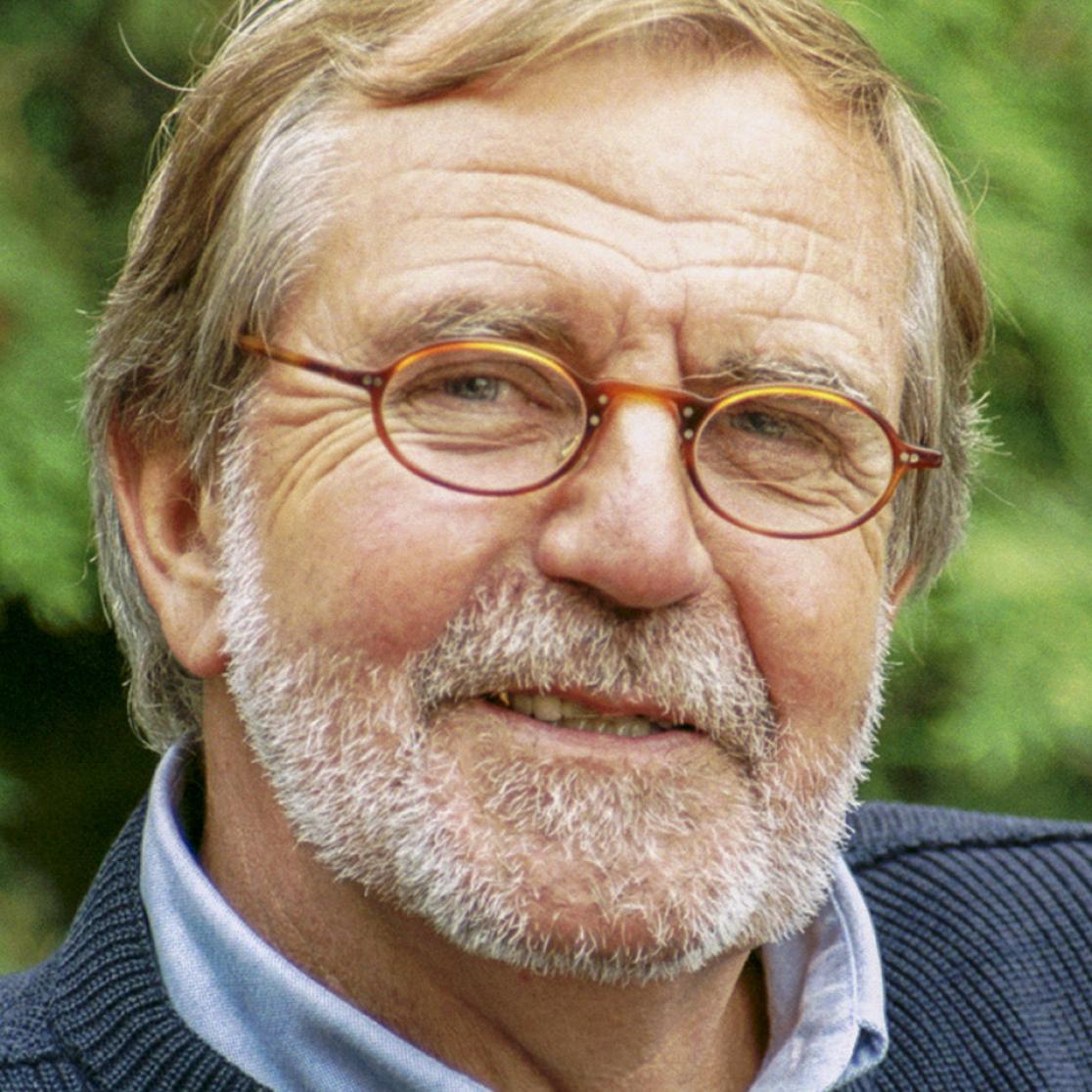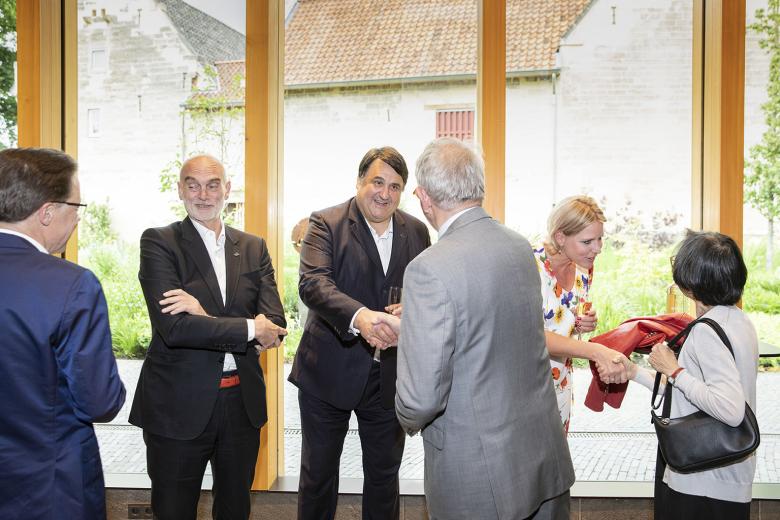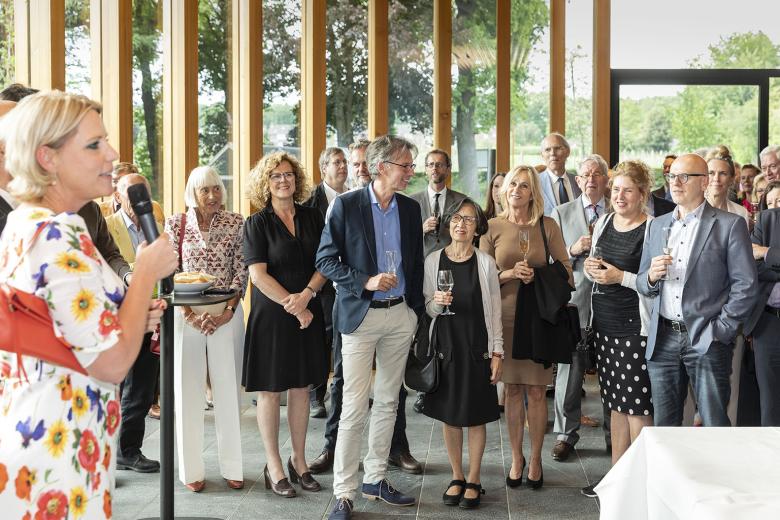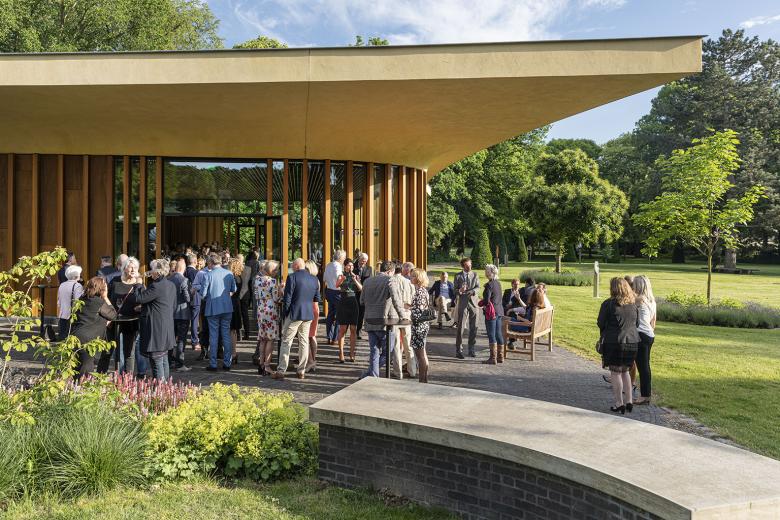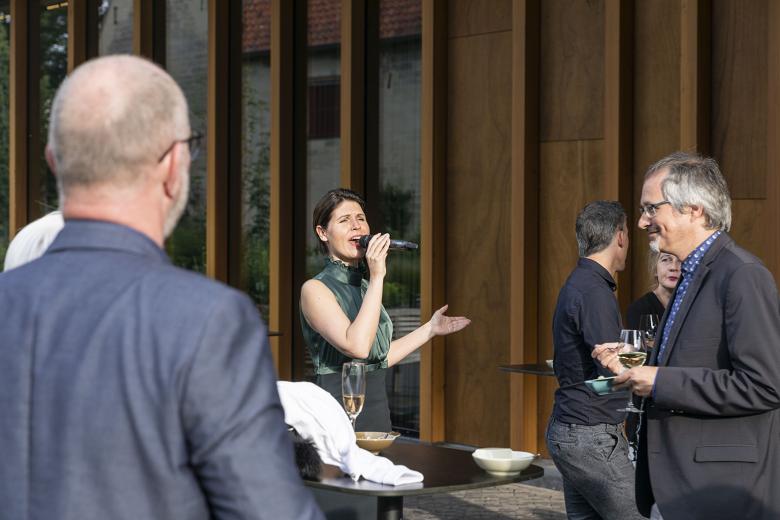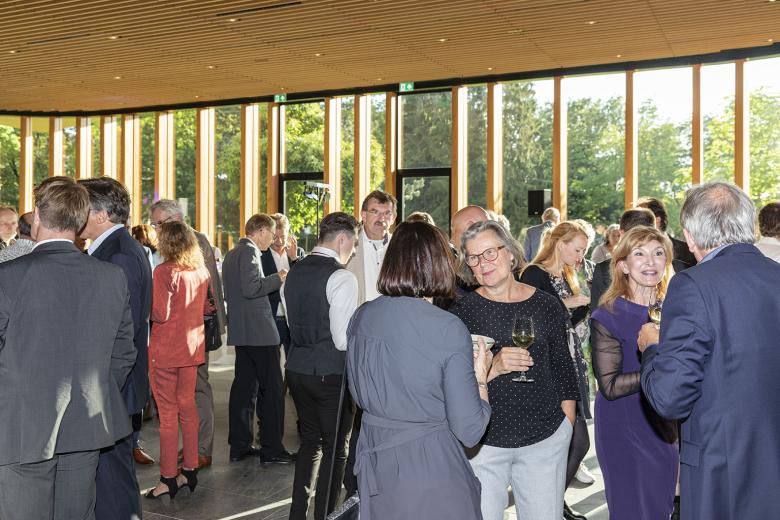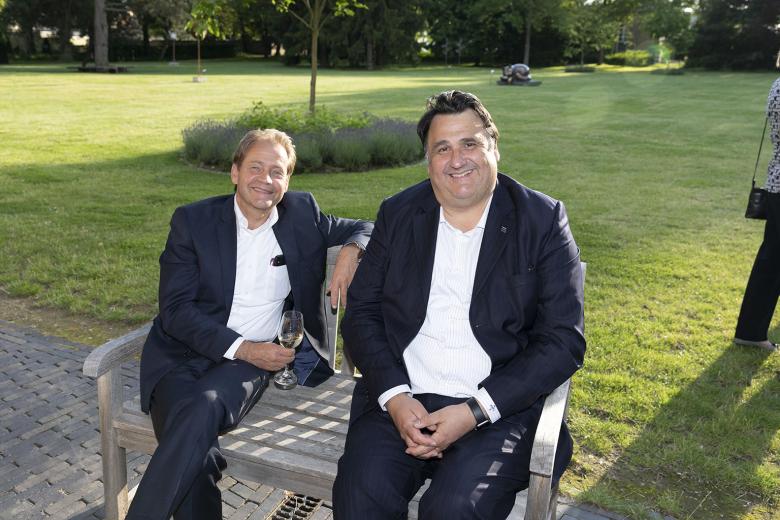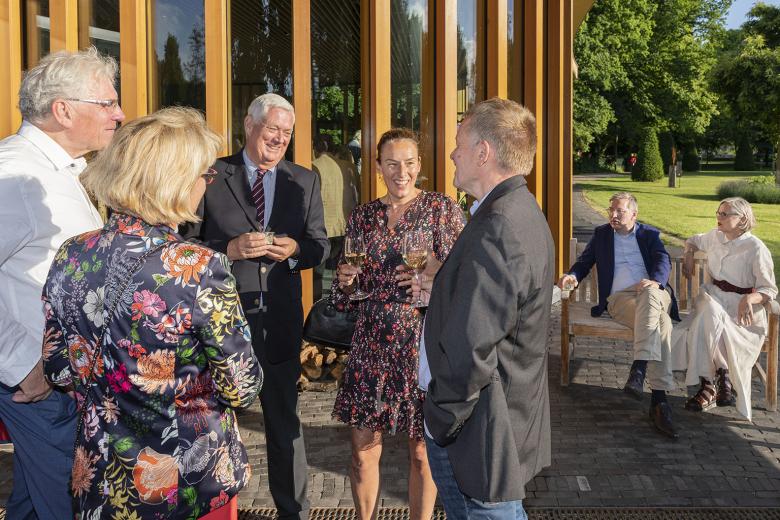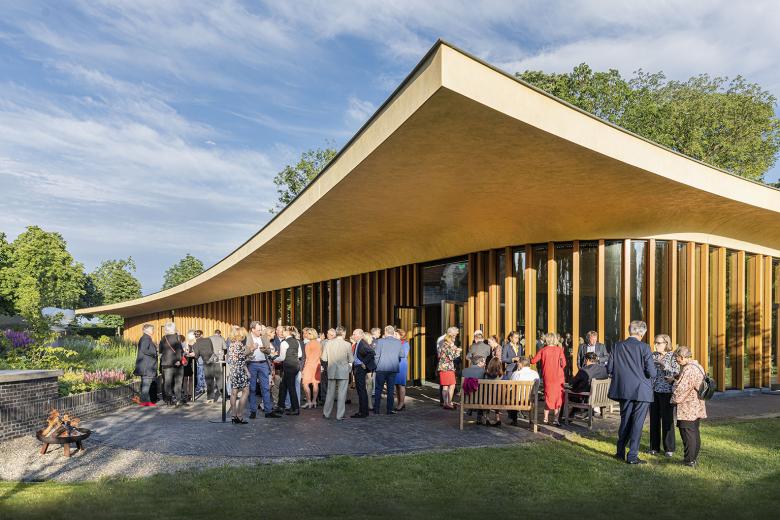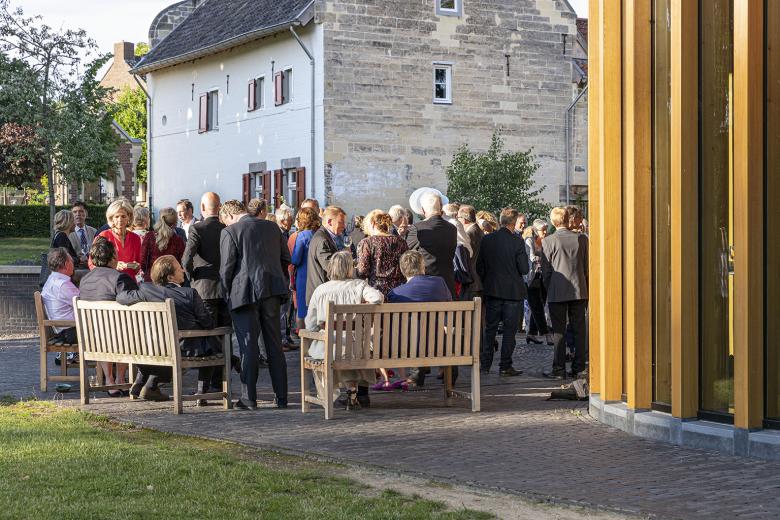Our team
| CAPHRI | Vivian Braeken |
|---|---|
| CARIM | Gwynned de Looijer |
| GROW | Pan Xu |
| M4i | Gwynned de Looijer |
| MERLN | Pan Xu |
| NUTRIM | Frans van Nieuwpoort |
| SHE | Vivian Braeken |
| Kootstra Fellowship | Maaike de Backer |
| TKI-LSH | Hans Kierkels |
Here’s a photo gallery of the second edition of the Annual Summer Dinner at St. Gerlach Pavilion on Thursday, 13 June 2019.
Please let us know your feedback about the Annual Summer Dinner, so we can improve the event for future years. You can drop us a line by clicking on the button.
Save the date
The Annual Summer Dinner is traditionally scheduled for the second Thursday in June. The next edition will be held on 11 June 2020.
What does the Research Office offer?
Our team is experienced in initiating and executing cross-organisational and interdisciplinary projects and initiatives. Our activities comprise:
- Advising on and setting up (strategic) project plans
- Managing, implementing and monitoring projects
- Securing commitment
- Account management
If you consider starting up a project, or if you want to brainstorm about an idea, please don’t hesitate to contact one of the staff members.
Current projects:
EIT Health
EIT Health is one of the largest healthcare initiatives worldwide, including 140 leading organisations. Its goal is to sustainably advance the foundations of healthcare and thus promote the future conditions for healthier living and wellbeing of people across Europe.
Contact person: Annemarie Koster
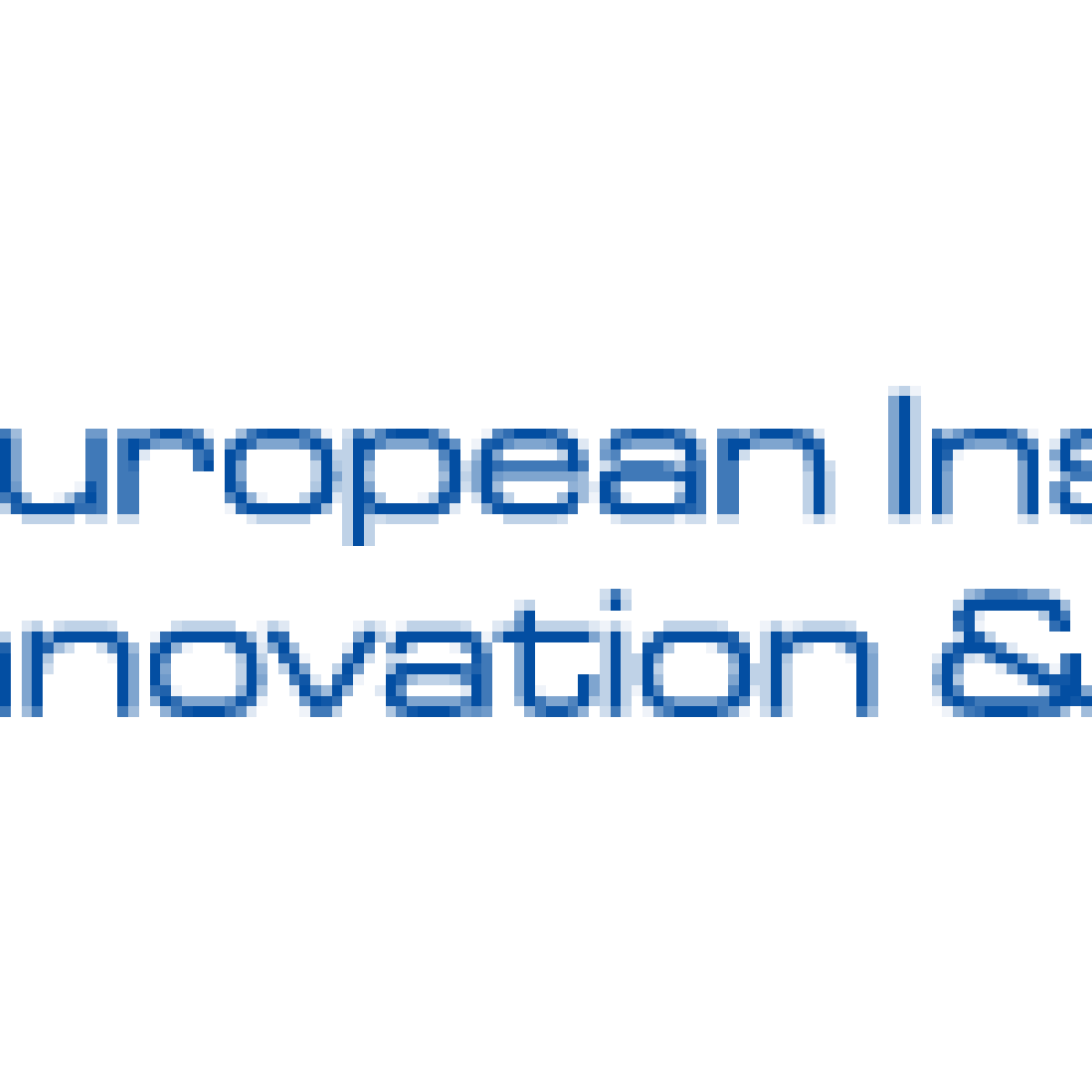
Healthy Region
Joining forces for a healthy region! The Netherlands Federation of University Medical Centres (NFU) have agreed upon the report ‘Research and innovation with and for the healthy region’, and have emphasised that they want to contribute to the necessary innovation in (preventive) health care. The report has had a positive reception at the level of the minister. Within this context it has been acknowledged that it is vital to forge stronger bonds in the region, and to do this together with the region. This task has been assigned to the University Medical Centres (UMC’s) by minister Bruins.
The region South-East Netherlands wants to take its societal responsibility to promote the health of the citizens of the region. The large number of already existing wonderful initiatives proves that this region has been working hard to create and promote stronger bonds of cooperation in the health domain over the past years. Maastricht UMC+ wants to build on this, and, in doing so, takes the initiative – in line with the assignment of the minister to the UMC's – to develop a common agenda for research and innovation.
Contact person: Marèl Segers
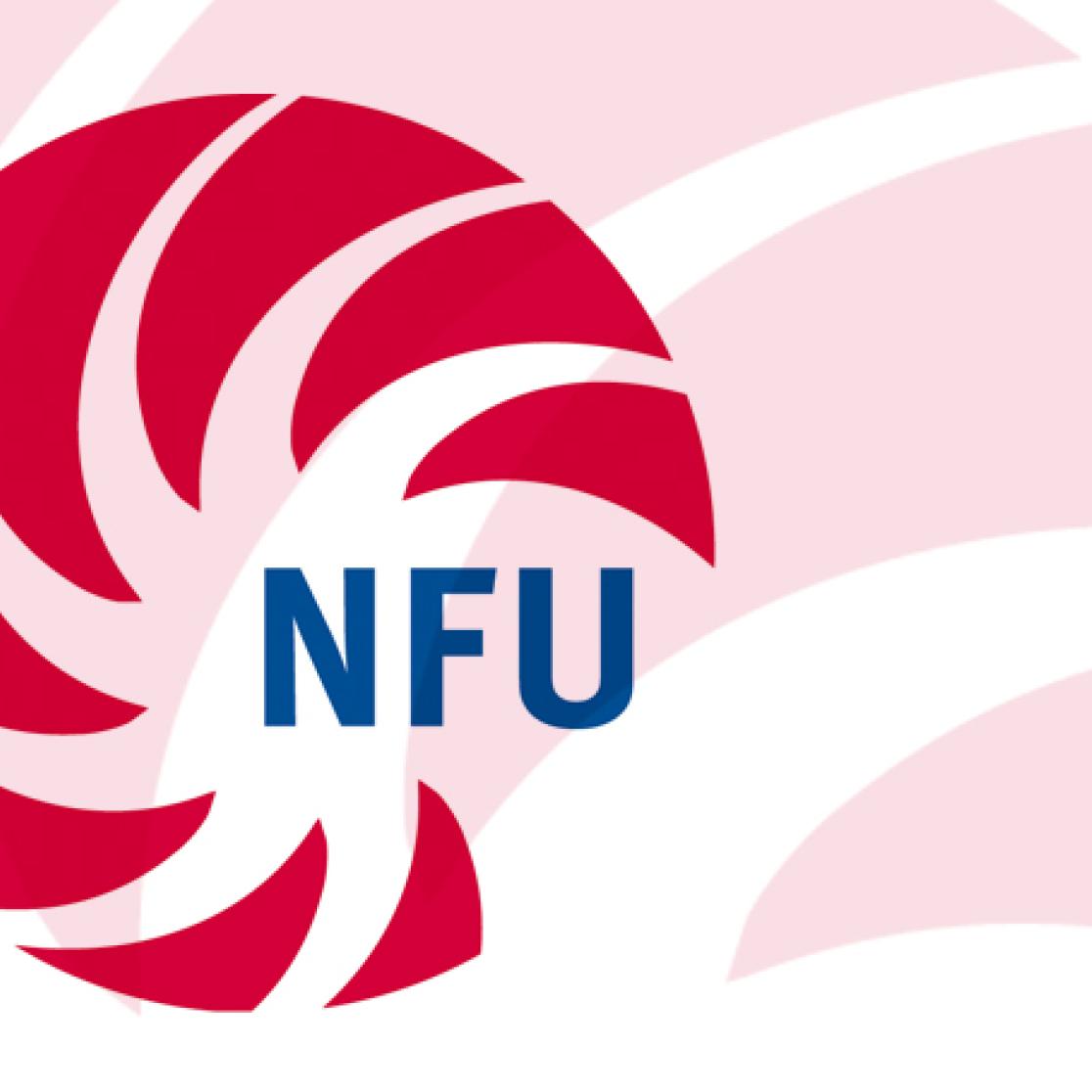
LINK
Within the programme Limburg Invests in its Knowledge Economy (LINK) two new institutes have been established: the Maastricht MultiModal Molecular Imaging Institute (M4I) and the Institute for Technology-Inspired Regenerative Medicine (MERLN).
Contact person: Merlijn Meens
Parelsnoer
Parelsnoer is a collaborative biobanking initiative of the University Medical Centres (UMCs) in the Netherlands. Offering researchers an infrastructure and harmonized procedures for the establishment, expansion and optimisation of clinical biobanks for collaborative scientific research. The initiative started with the gathering of clinical data and biomaterials from all the UMCs for specific diseases, the so called pearls (in Dutch: parels).
Contact person: Chiel de Theije
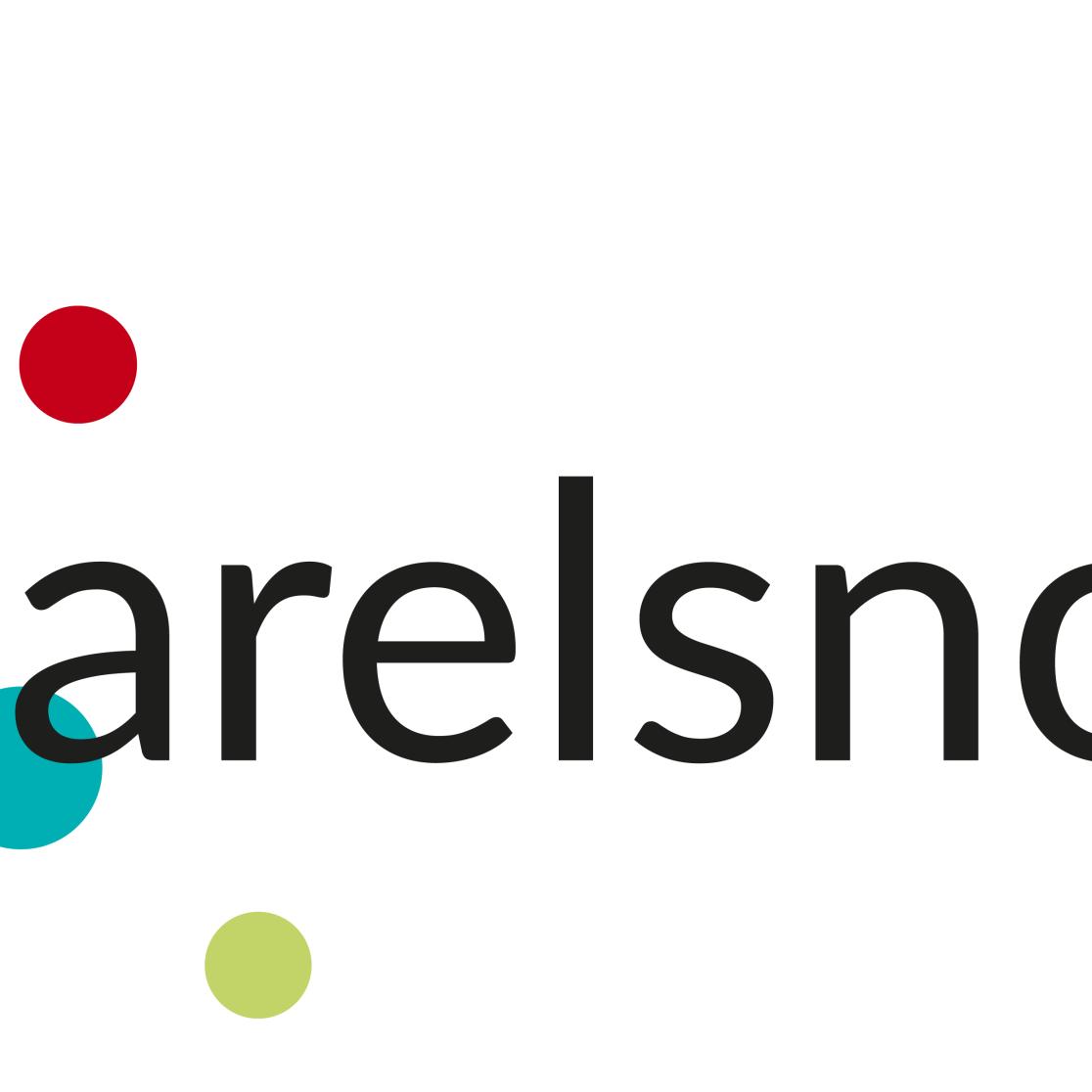
Positive Health
Within the Maastricht UMC+ we have been aware of the changing definition of health for a long time. We focus on “the whole person” which means that we not only look at patients and their illness, we also look at persons regarding their living environment, lifestyle and predispositions. The expertise has already lead to various initiatives and programmes around the concept/philosophy of Positive Health.
A core group around Positive Health has been formed at Maastricht UMC+ to stimulate and facilitate collaboration between all those concerned and make knowledge accessible and practicable. Not only for internal staff but also for partners in the region.
We can be reached by e-mail: positievegezondheid@mumc.nl.
Contact person: Marèl Segers
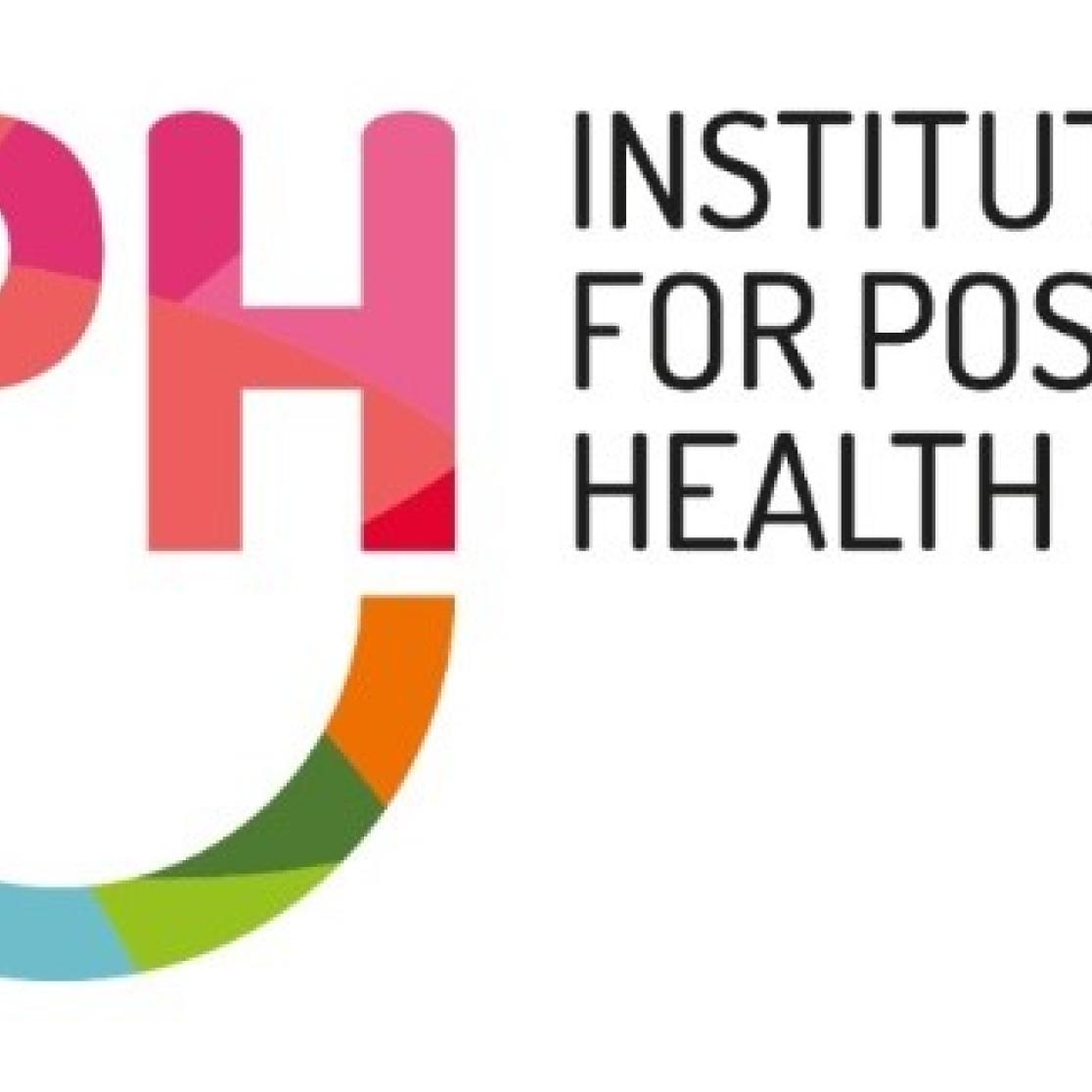
It is with sadness that we received the message that our former colleague Tjaart Imbos passed away on 27 May. Tjaart worked at Maastricht University from late 1975, when UM was still known as Rijksuniversiteit Maastricht, until his retirement in early 2011. After a long career at the Educational Research & Development Department and secondment at the Statistics section of the then Department of Medical Informatics and Statistics, he moved into what a few years later in 1990 would become the Department of Methodology and Statistics. As an associate professor, he led the review, coordination and implementation of statistics education in the then Faculty of Health Sciences. Until his retirement, education remained his core task and great love at work. Afterwards, Tjaart kept in touch and continued to show an interest in our department.
Last year, Tjaart became seriously and, as it soon turned out, incurably ill. In the time he had left, he was fortunately still able to experience many special moments. In particular the births of a few grandchildren, for which he had wanted to be here. But after that, he could not hold on any longer.
We wish Tjaart's wife Nelly and his children Nienke, Sanne and Jelle, their partners and children much strength in bearing this loss. The farewell was not unexpected, but that makes it no less definite or painful. We too honour his memory. We will not forget him.
Colleagues of the FHML and FPN Department of Methodology and Statistics
